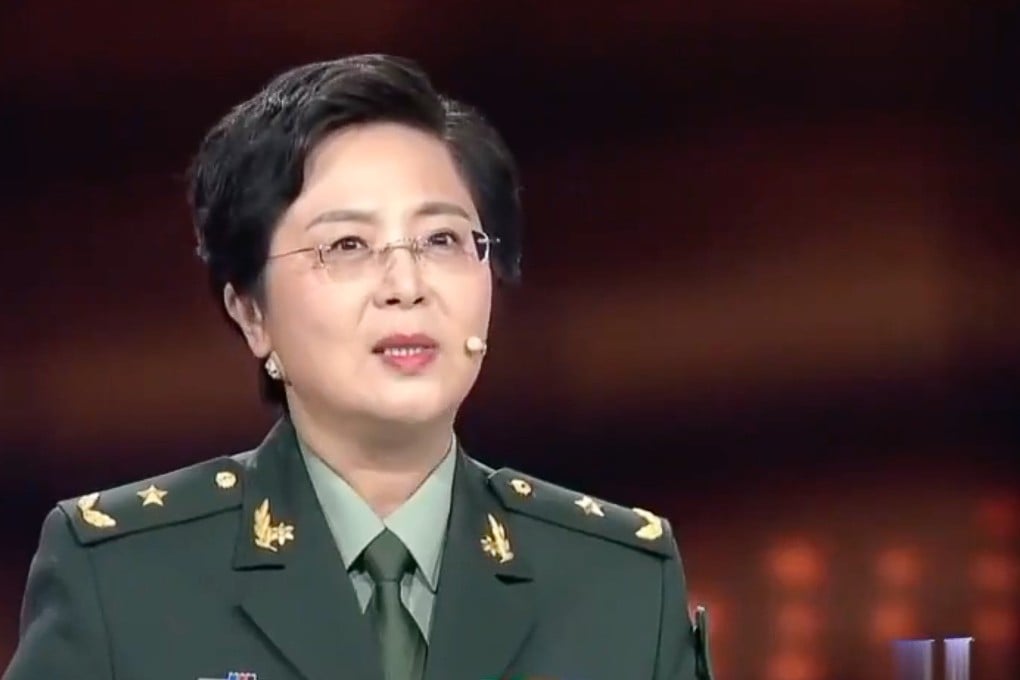Meet the major general on China’s coronavirus scientific front line
- Chen Wei is leading an effort to understand the previously unknown pathogen in the epicentre of the epidemic
- The 54-year-old virologist is building on the knowledge and skills she gained fighting Sars and Ebola

For Chen Wei, the Chinese military’s top epidemiologist and virologist, the scientific battle against an epidemic must be waged even before the pathogen is born.
“Prevention and control of an epidemic can never wait until the disease has happened,” Chen said in an interview with China Science Daily, a newspaper under the Chinese Academy of Sciences, China top research institution.
“What we need is to build … a powerful ‘lead scientists’ system so that they can spend their life studying and researching certain types of viruses and germs … independent of whether this coronavirus is going away or not.
“It would mean that whenever an epidemic occurs we will have the best and most authoritative team available and it will not be like what’s happened now when the coronavirus came, and nobody is doing much.”
According to a military insider, Chen is leading the effort from the Wuhan Institute of Virology, a laboratory with the highest biosafety classification.